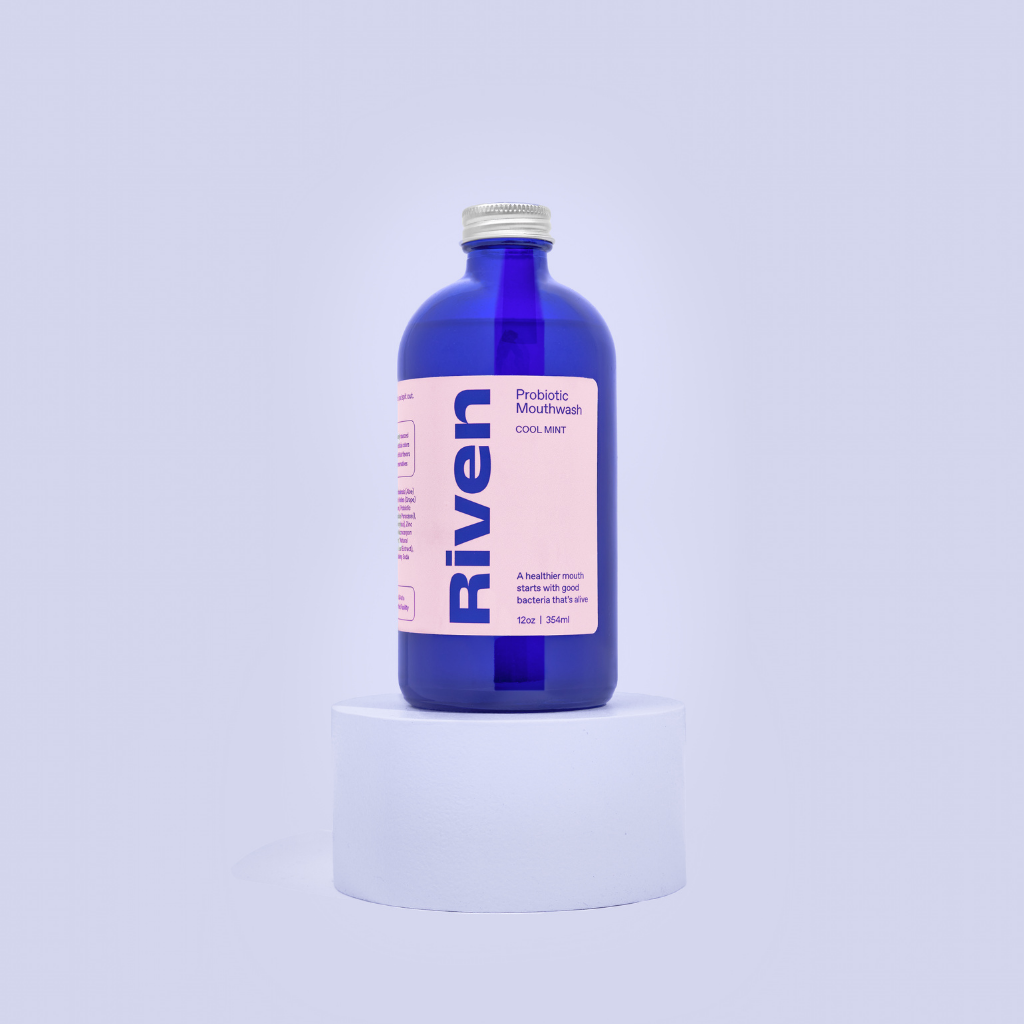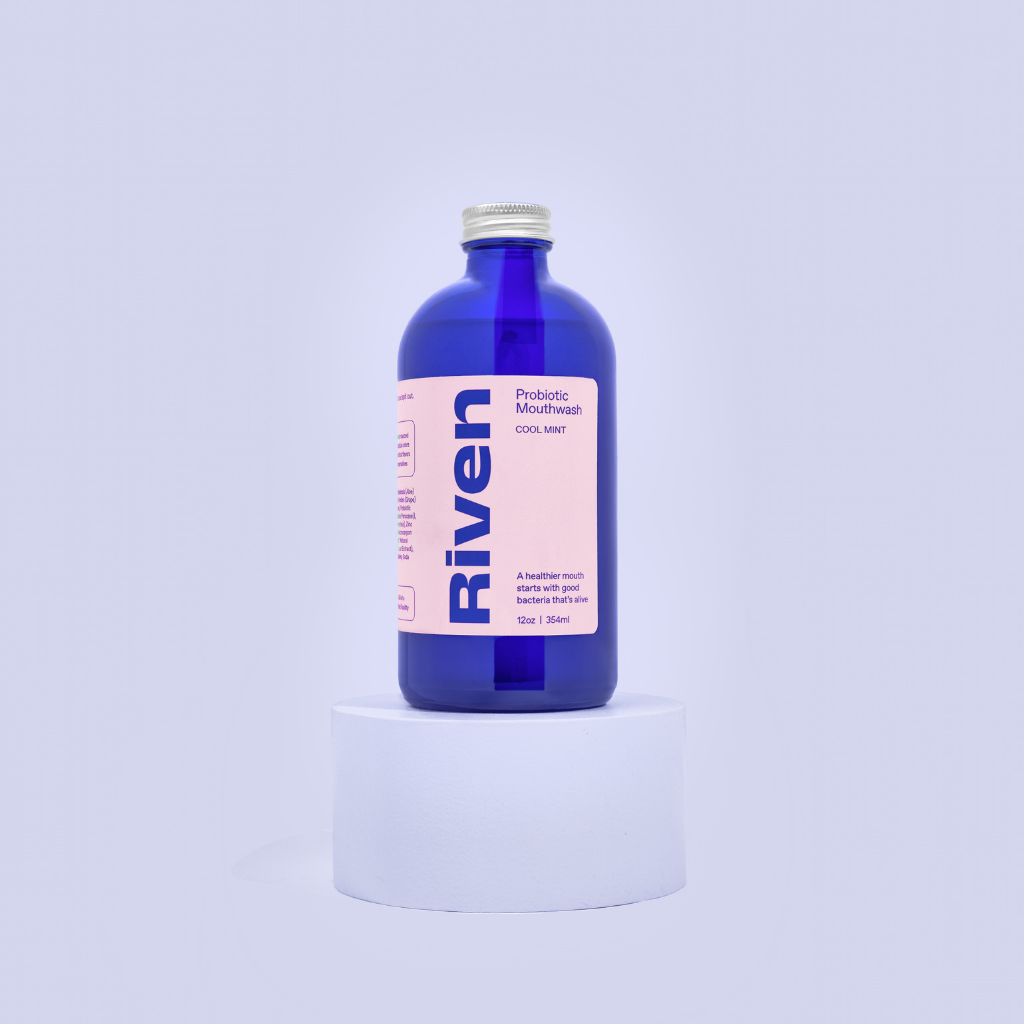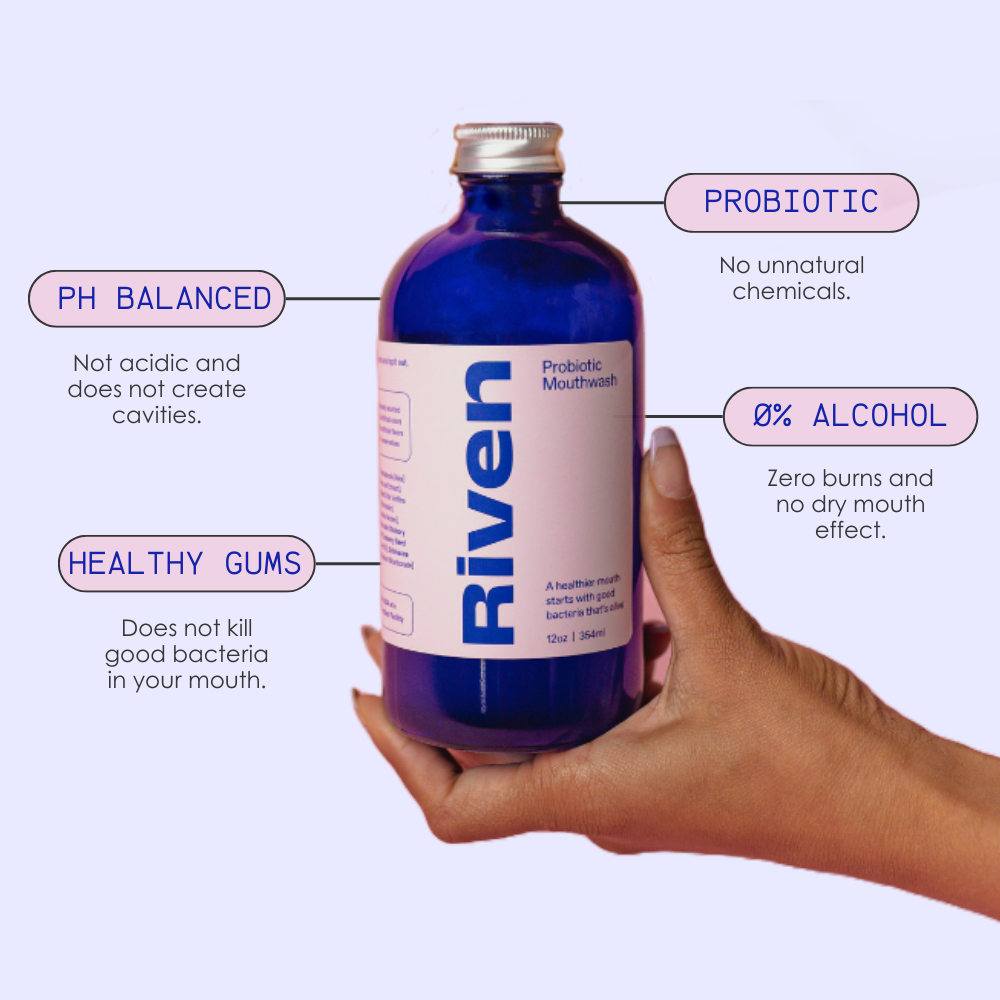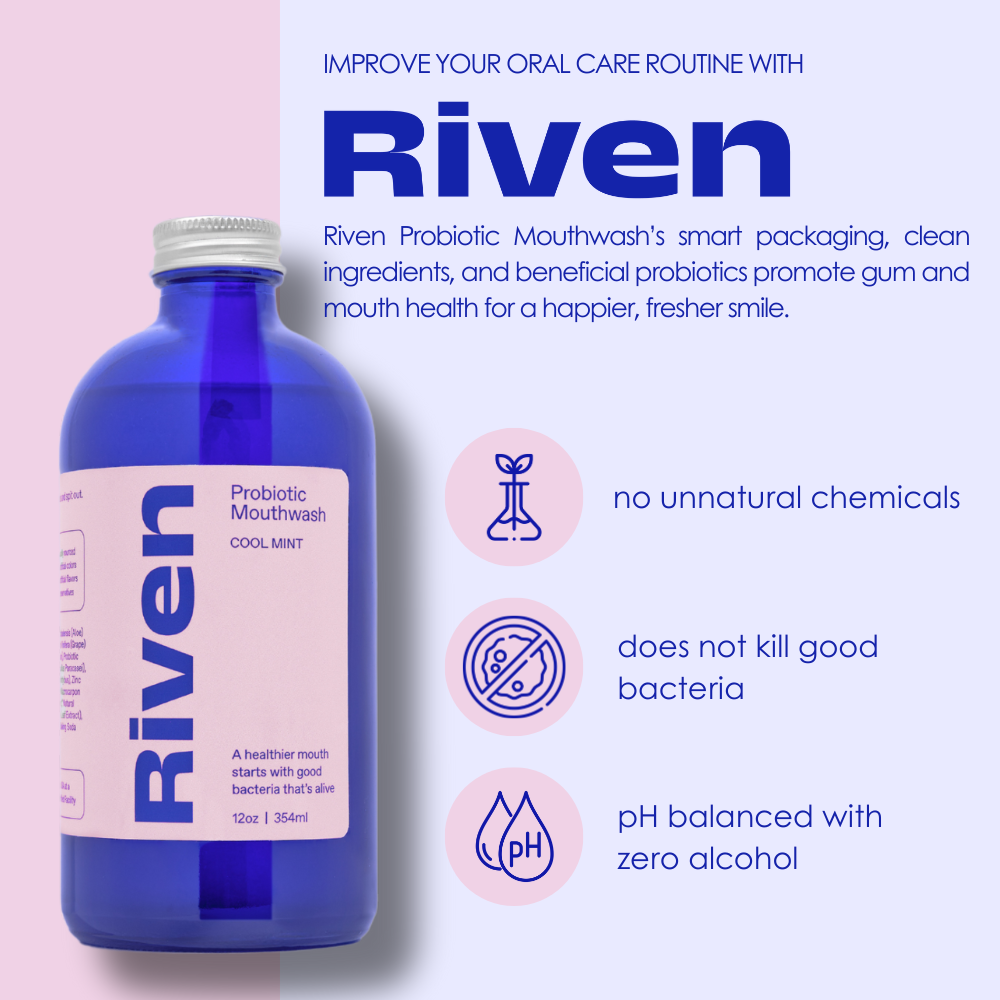
The debate around fluoride and hydroxyapatite has long been a contentious one. On one side, there are those who support the use of fluoride-based products to protect oral health. On the other hand, there are those who claim that hydroxyapatite-based solutions are much better for oral health. So which side is right? In this blog post, we will delve deeper into this question and explore the pros and cons of each solution, so you can make an informed decision about what’s best for your oral hygiene.
What is Fluoride?
Fluoride is a mineral found naturally in many sources, including fresh water and soil. It is also an active ingredient in many toothpastes and mouthwashes, as well as being added to drinking water in some areas. Fluoride works by forming a crystalline lattice called fluorapatite, which covers the enamel to remineralize it and restore its integrity. It is known to be beneficial for oral health, as it helps to protect teeth from decay and cavities.
What is Hydroxyapatite?
Hydroxyapatite is a mineral found naturally in tooth enamel and is also known for its remineralizing properties. It comprises a significant portion of tooth enamel and dentin, helps reduce enamel erosion, and can prevent cavities. Unlike fluoride, hydroxyapatite is absorbed by the teeth and fills the enamel fissures caused by demineralization, making it a safer and more natural oral care solution.
Which one is better?

In terms of which one is better for oral health, the answer is not so straightforward. Both have their advantages and disadvantages. Fluoride is more widely available, making it easier to access and use. However, it has been linked to some health issues, such as dental fluorosis and thyroid problems. On the other hand, hydroxyapatite is generally considered to be safer and without the potential health risks associated with fluoride. Let’s explore this further.
The demineralization process
Your teeth have a hard layer of enamel, which is mainly made of calcium and phosphate. Bacteria found in cavities can break down food particles and create an acidic environment in your mouth. This acidic environment is harsh and can strip away these beneficial minerals from the surfaces of your teeth. This process is called demineralization.
How does Fluoride work?
Fluoride counteracts the demineralization process by partnering with calcium and phosphate to form fluorapatite. Fluorapatite is a crystalline lattice that covers the enamel to remineralize it and restore its integrity. Although fluoride is highly effective at remineralizing teeth, it does have certain downsides at high concentrations. Fluoride kills both good and bad bacteria in your mouth which affects the delicate balance of your oral biome. In such cases, using oral probiotics balancing your oral microbiome may help counteract these harsh effects. Another downside is its toxicity. Excess of fluoride can cause dental fluorosis, which adversely affects the health of the teeth. It may also result in skeletal fluorosis, which affects the bones throughout the body.
How does Hydroxyapatite work?
Hydroxyapatite is a form of calcium that makes up 97% of your tooth enamel and nearly 70% of the dentin of your teeth. The rest of your enamel is composed of water, collagen, and other proteins. Hydroxyapatite is absorbed by the teeth and fills the enamel fissures caused by demineralization. In some cases, hydroxyapatite and fluoride might be used together, such as in toothpaste that contains both these ingredients to help strengthen teeth and prevent tooth decay. Hydroxyapatite offers additional benefits that Fluoride does not, such as supporting a healthy oral microbiome (along with oral probiotic supplements and a probiotic mouthwash), better enamel fortification, tooth whitening effect, and zero toxicity.
Conclusion
Both fluoride and hydroxyapatite have been proven to be effective in remineralizing teeth and preventing tooth decay. Dentists have always recommended fluoride for decades as it’s widely considered to be the gold standard, yet hydroxyapatite is a strong contender for replacement. Ultimately, the choice between the two comes down to personal preference.
If you are looking for a safe and natural oral care solution, then hydroxyapatite might be the best choice. If you are looking for something that is more widely available and affordable, then fluoride might be the way to go. Whichever option you choose, the key to a strong and healthy mouth is keeping up with your oral care routine, using probiotics for oral health, and making regular visits to your dentist.





